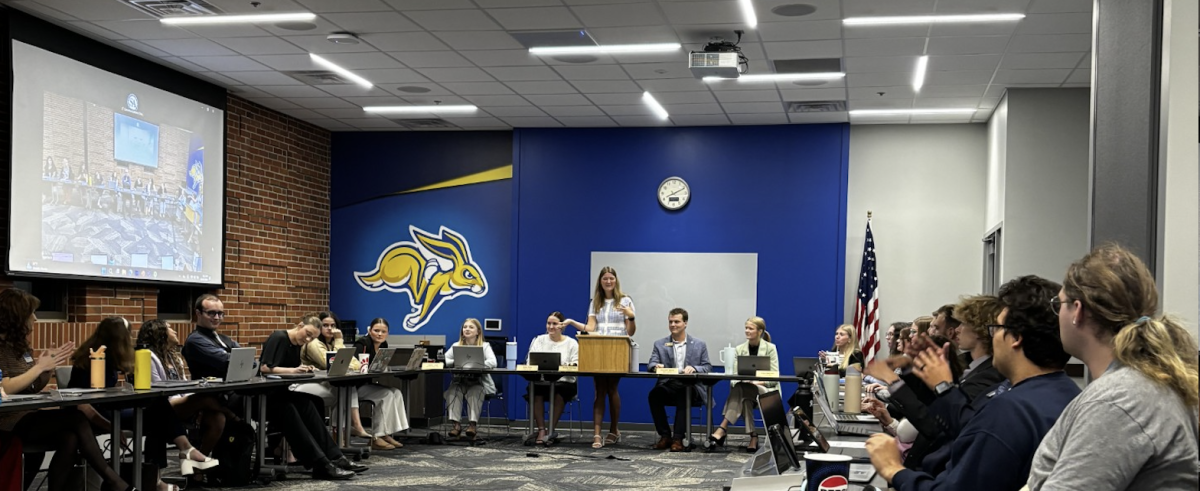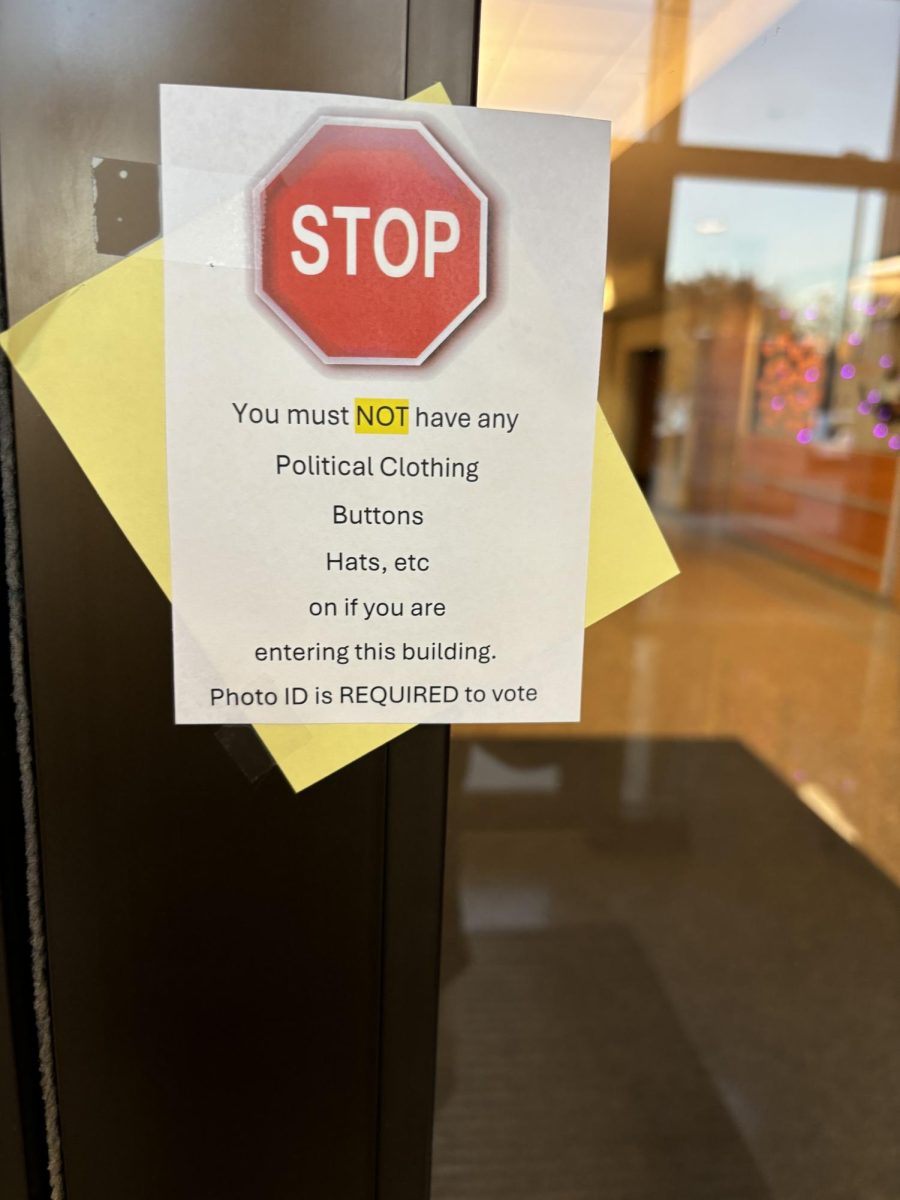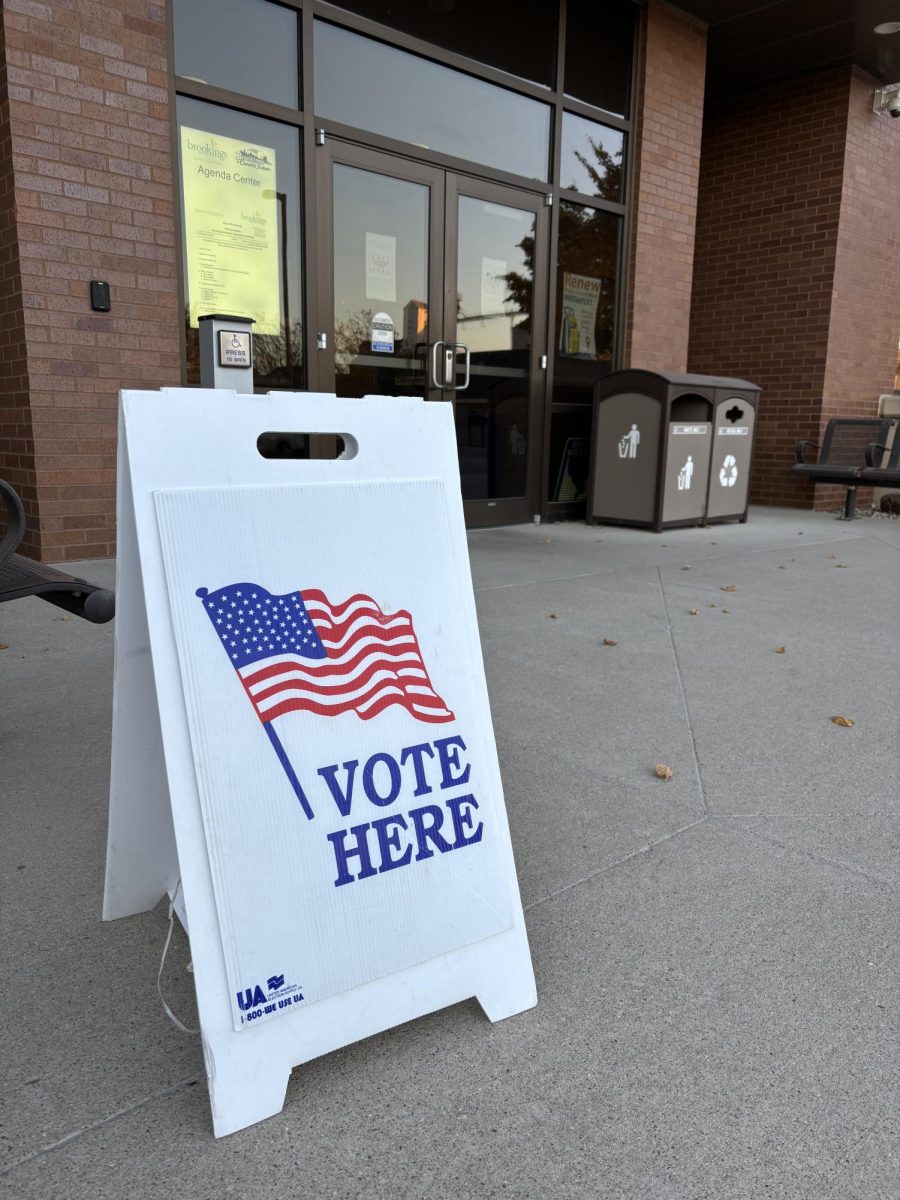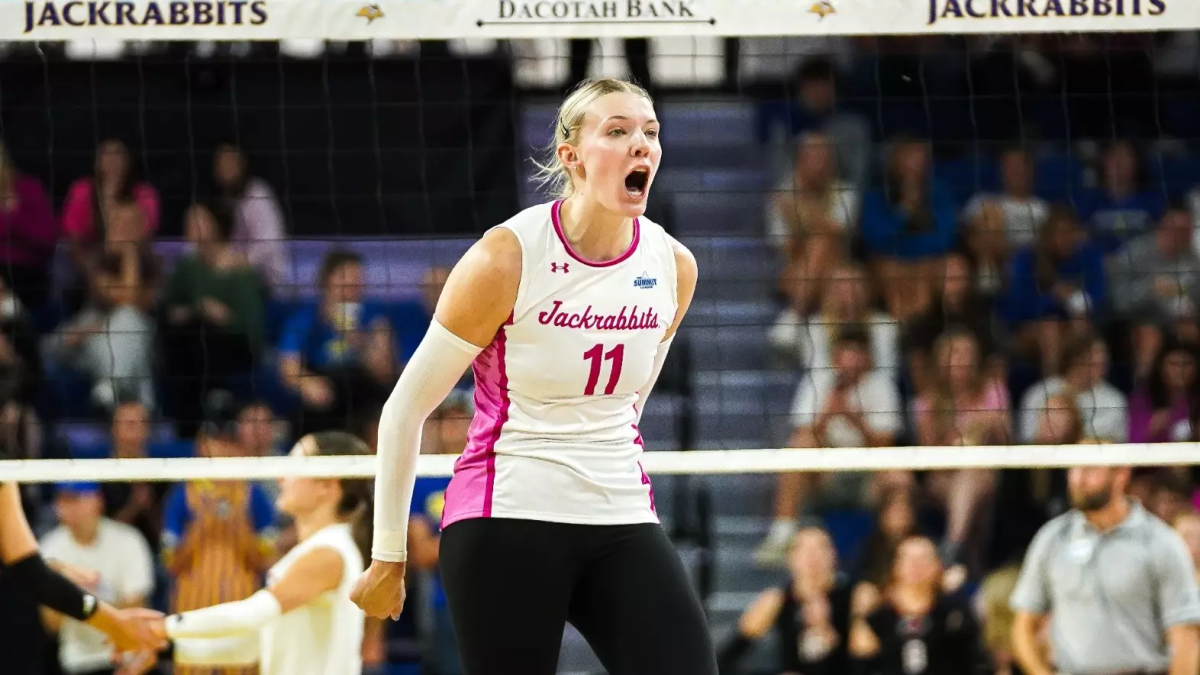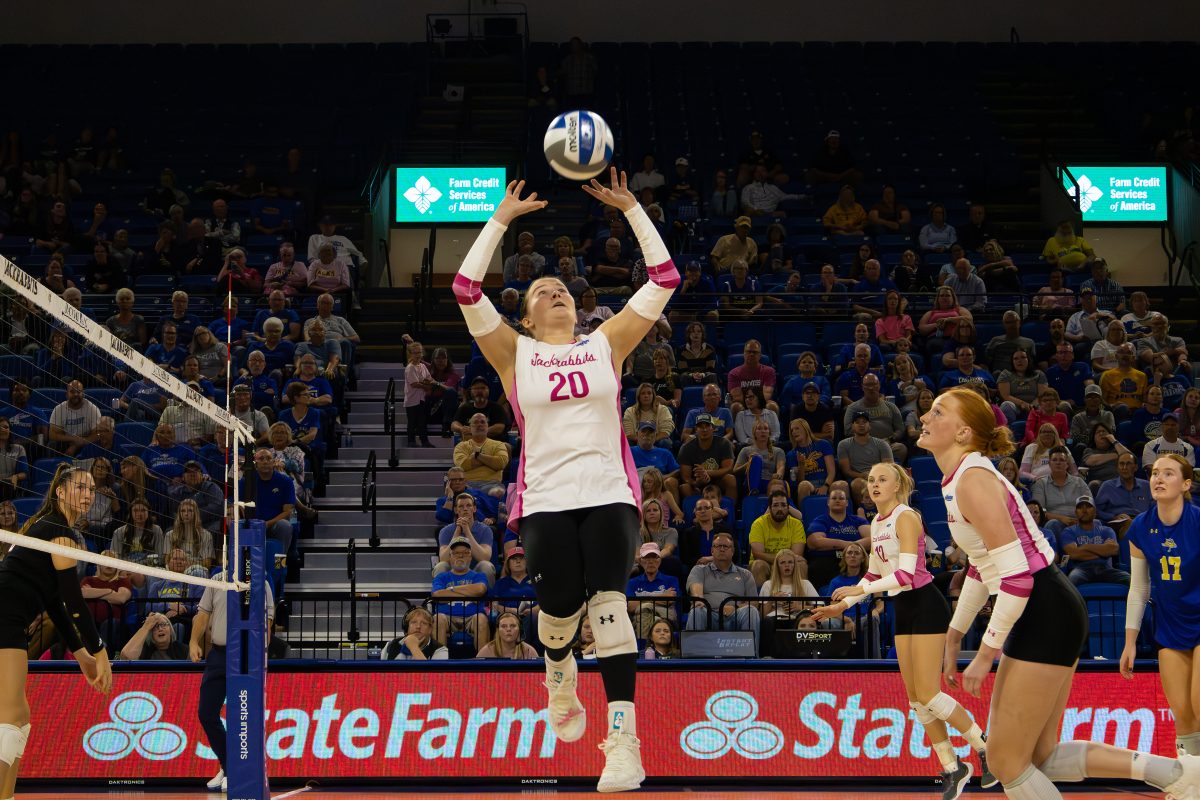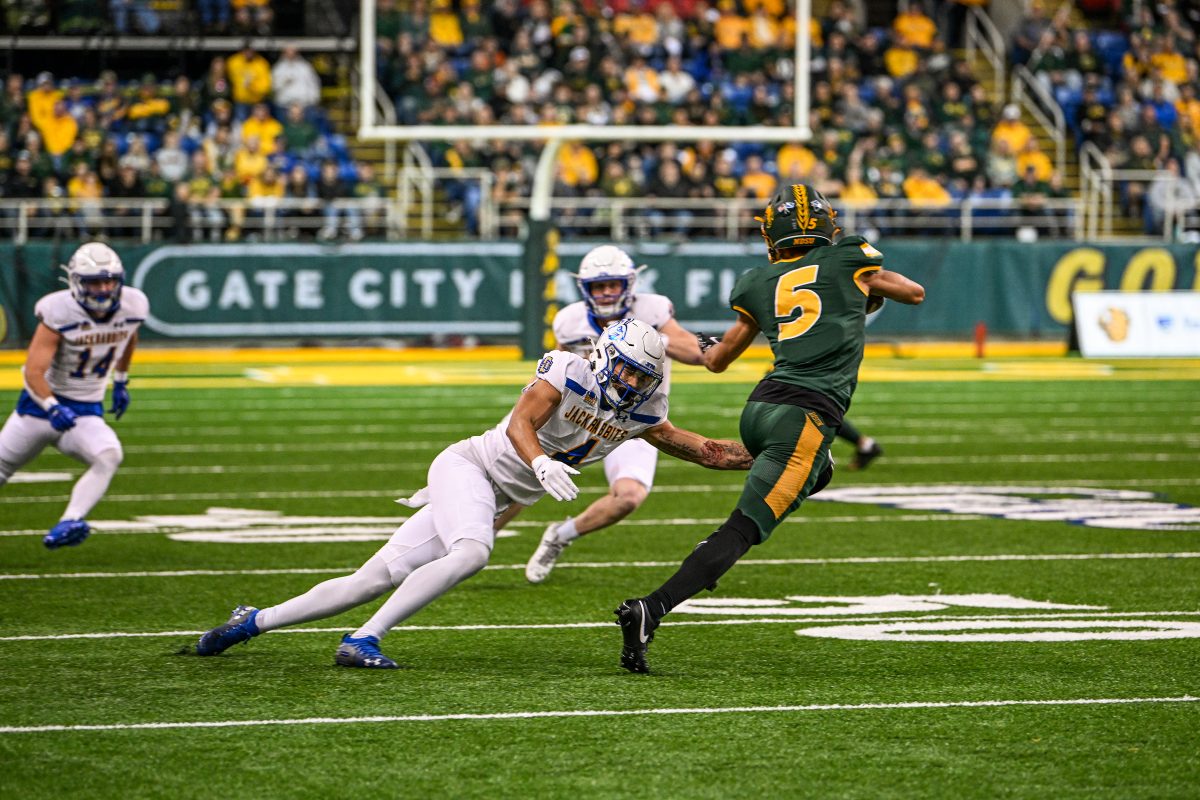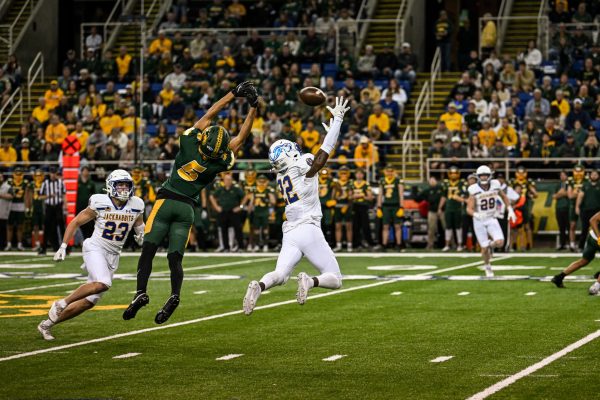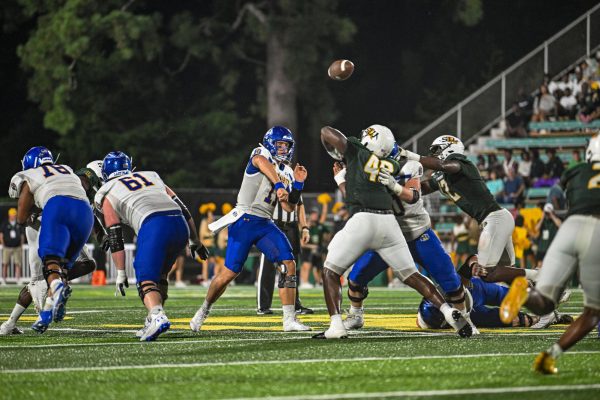Managing your finances when you’re unemployed
March 31, 2021
The degree you have earned by attending South Dakota State University is going to do wonderful things for you, but might not happen right away. Not everyone has a job on graduation day and might experience some unemployment before securing a job. Here are tips on how to deal with unemployment.
Other income
First and foremost, you need an income to pay expenses and to live. While you are focused on applying to career-focused, full-time jobs, you may need to secure employment that will cover your expenses until you have landed the professional job. This will depend on how much family helps, how many expenses you have, etc. While it isn’t permanent, a job at the local gas station is still a paycheck, and taking care of yourself when things get rough is something to be proud of, not ashamed of. A reason to leave the house looking well dressed can also stop a lot of bad habits in their tracks.
Minimize Expenses
If you don’t have money rolling in to fund your weekly night out on the town, you need to cut back. Don’t jump straight to only using one-ply toilet paper until things start looking very bad, but your spending should reflect your income level.
Emergency Fund
Ideally, if you ever have a time without income, you should be able to draw from your emergency fund, a fund used solely for emergencies with at least three months expenses worth saved. Build one when times are good to get you through the times that aren’t so good.
Government Aid
There are certain kinds of government aid that open up to you when you are no longer a student. While enrolled in college, you might be able to use student loans for your grocery bill, when out of college you might have to use SNAP (food stamps). You can get assistance in buying food, paying for winter heating and more depending on your circumstances.



